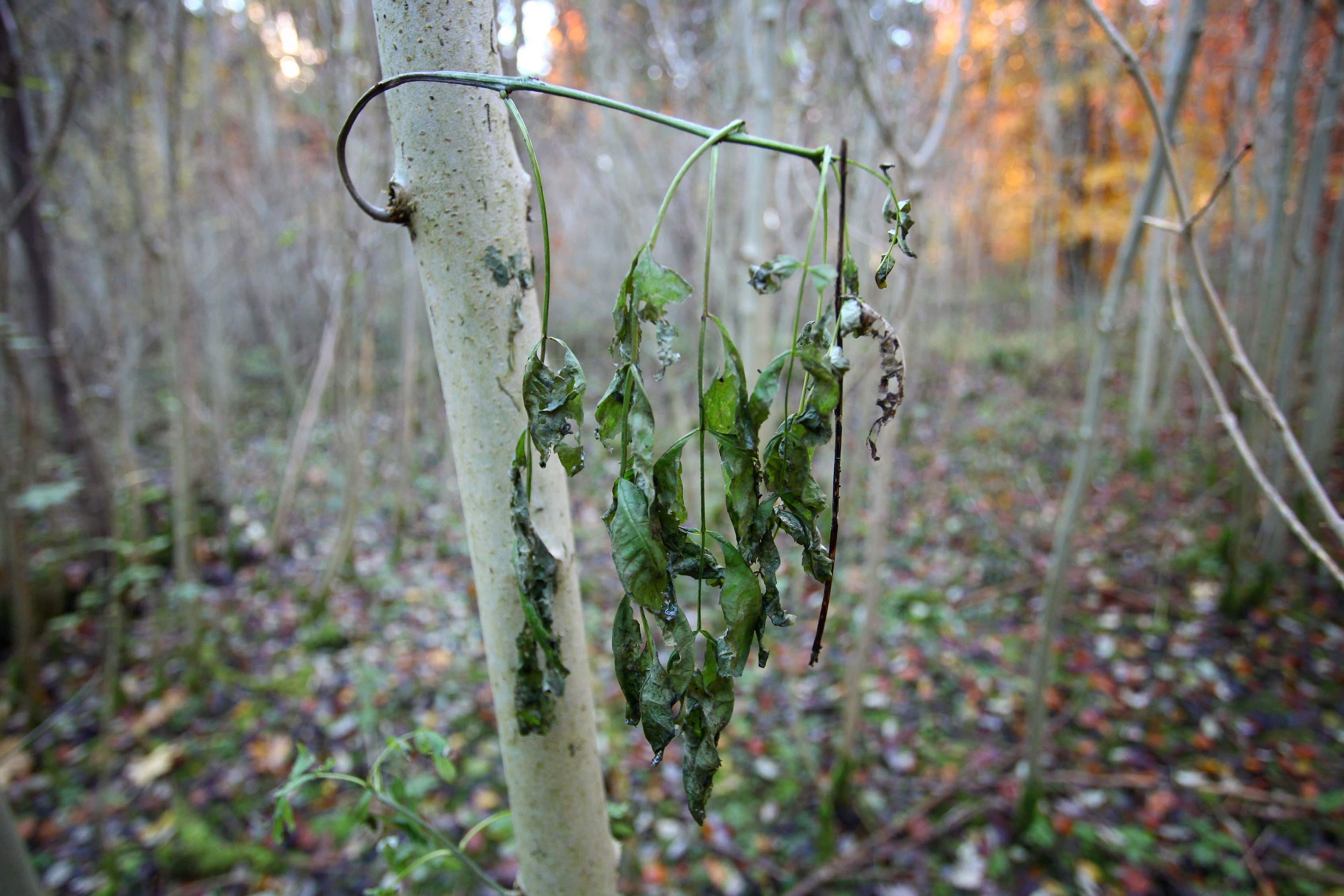Government sets out new five-year plant biosecurity strategy
Invasive pests and diseases pose a mounting threat to food security, trade and nature.

Officials will step up online monitoring of the trade in plants to stop pests and diseases entering the country, as part of a new plant health action plan.
The Government is setting out measures in a five-year strategy to protect Britain’s plant health, native species and biosecurity, as invasive pests and diseases pose a mounting threat to food security, trade and nature.
Figures show that plants provide an annual value of £15.7 billion to the UK in crops, forestry, the mental health, nature, urban and cultural benefits of trees, carbon storage and also allotments.
This landmark strategy sets out how we will protect Great Britain’s plants, with the Government, industry and the public working together to tackle the risks posed by plant pests and diseases
But the risks from hundreds of plant pests and pathogens cost the economy more than £4 billion a year, the Government warned.
Lord Benyon, minister for biosecurity, said: “This landmark strategy sets out how we will protect Great Britain’s plants, with the Government, industry and the public working together to tackle the risks posed by plant pests and diseases.
“In light of climate change, tackling these varied and mounting risks will be critical to maintaining our food security, as well as facilitating safe trade amidst a challenging economic backdrop.”
Nicola Spence, UK Chief Plant Health Officer, said: “Plant pests and diseases know no borders.
“As the global trade in plants and plant products continues to grow, our precious ecosystems, native species and biosecurity are at risk.
“The resultant threats posed to our treescapes, food security and the global economy are all too real.”
She said the strategy would deliver a “step change” in plant health protection, action and behaviours.
Actions in the plan include expanding the Animal and Plant Health Agency’s internet trading unit to step up monitoring of online retailers and social media sites for the trade in high-risk plant products, to stop potentially devastating pests and diseases entering the country.
Organisations including the Royal Horticultural Society (RHS), National Farmers’ Union and the Woodland Trust would join with Defra to engage the public and promote actions people could take to protect tree and plant health in Britain.
And there was a new five-year road map for the Plant Healthy certification scheme which would enable nurseries, businesses and charities in the horticultural sector to achieve accreditation for meeting standards on biosecurity.
The RHS’s Harlow Carr garden in Yorkshire has become the first public garden in England to be certified as Plant Healthy, in recognition of its work to stop the spread of plant disease and maintain biosecurity, Defra said.
As part of work to raise public awareness and education, online plant health resources for primary schools would be provided, such as Izzy The Inspector, and there would be investment in further development of the TreeAlert tool for reporting diseases.
Since Brexit, the number of plants and plant products entering Great Britain that require inspection and the number of goods needing certification for export to the EU have increased significantly.
The strategy said 70,000 physical checks of imported plants and trees were carried out each year, along with 5,000 inspections in nurseries and surveying of more than 40,000 trees and aerial surveillance, for problems that took a while to emerge or were spread on the wind.
The Government would continue to regularly review potential risks, update and adapt the regulatory regime over the next five years, and develop a training and exercise programme for those responding to plant disease or pest outbreaks.
And the Government would invest in quality, quantity and diversity of domestic tree, seed and sapling supplies, and explore growth in the British horticultural sector to boost domestic production, the strategy said.
Bookmark popover
Removed from bookmarks